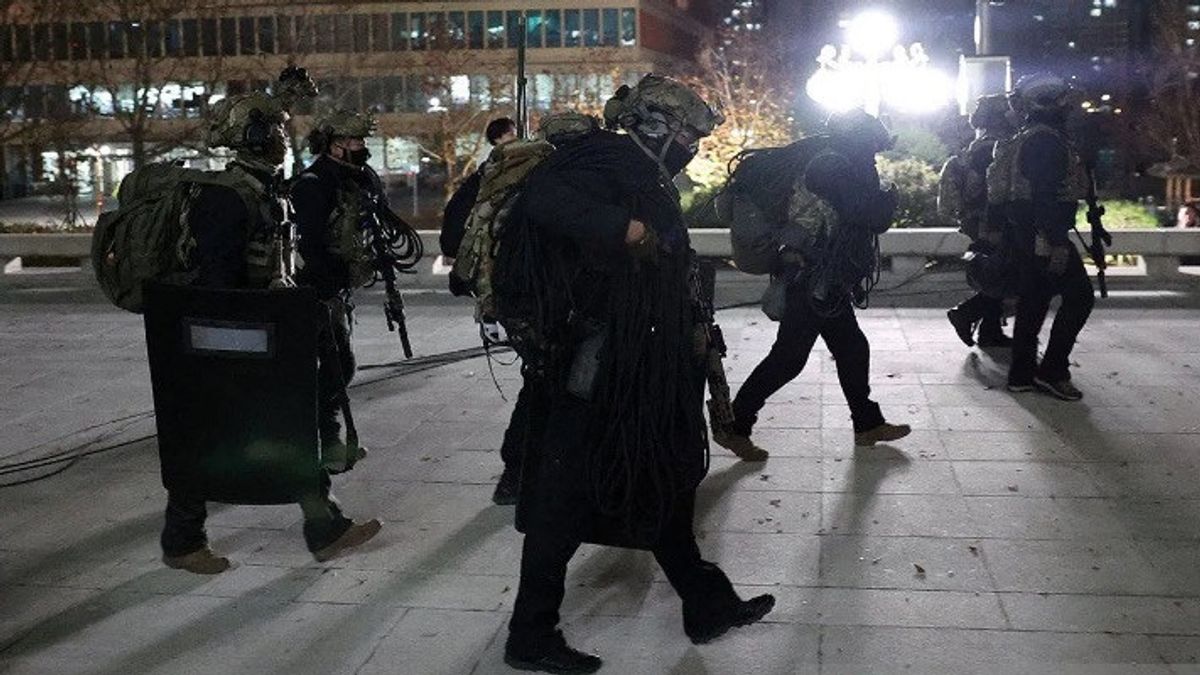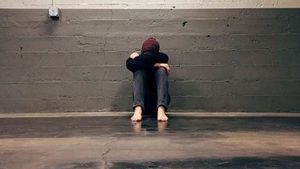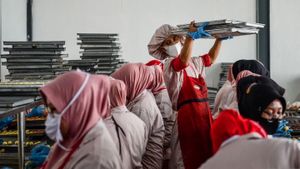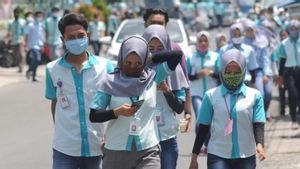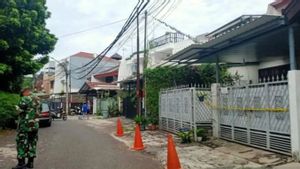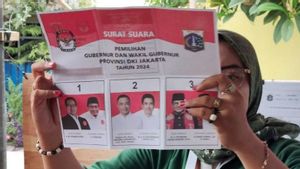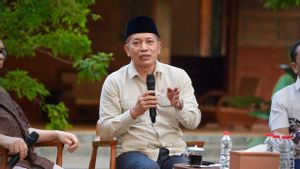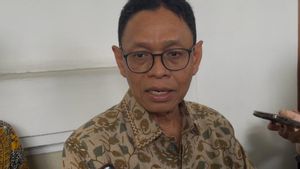JAKARTA South Korea (South Korea) is in the spotlight of the world, including Indonesia. But this time it was not because of Korean dramas or vocal groups that were hits, but about conditions in the Ginseng Country which had the status of a smart law or military emergency for six hours.
South Korean President Yoon Suk-yeol suddenly shocked the world by announcing a military emergency for the first time in almost 50 years on Tuesday (3/12/2024) evening local time.
Yoon's decree was made in an announcement broadcast on television. He accused the opposition of carrying out "antinegara" activities.
Yoon's decision prompted thousands of people to gather before the National Assembly, where MPs convened immediately to overturn the order. The decree issued by Army General Park An Soo, who has been appointed military emergency commander, prohibits all political activities, public meetings, and demonstrations.
Martial law or martial law is when the military is in charge of the government for a while, when civilian authorities are deemed unable to function. Prior to this, South Korea had declared martial law in 1979, when military dictator Park Chung-hee was killed in a coup.
Military emergency has never been in effect again since South Korea became a parliamentary democracy in 1987. In a speech on Tuesday night, President Yoon admitted that there were opposition efforts to weaken his government before announcing martial law as an attempt to destroy anti-state forces that had caused chaos.
The military later issued a decree banning protests and activities by parliament and political groups, placing the media under government control. But President Yoon's declaration is considered illegal and unconstitutional. The leader of his own party, the People's Power Party, even called Yoon's actions a "wrong move".
Statement of martial law by President Yoon Suk-yeol made residents grappled with distrust, fear, and anger. For some Koreans, this move has plunged the country into uncertainty, as well as raised painful memories of the South Korean authoritarian past and sparked concerns about the country's democratic future.
"We fought for democracy in 1987? Will we experience a setback now?" said Jung, 63-year-old man, who participated in the pro-democracy movement, as quoted by The Korea Herald.
Meanwhile, Kim, 87, who joined the April Revolution protests against President Syngman Rhee in 1960, also expressed his disappointment.
"The military emergency that was declared at that time and yesterday was completely different. At that time we were fighting for democracy and freedom," said Kim.
But Yoon's justification for declaring a military emergency doesn't make sense. This all mocks the efforts we have made to build a democracy that we have today," he continued.
For the younger generation, the declaration of martial law issued by President Yoon feels foreign and has become a new experience.
"I never thought I would see a military emergency in my life. This is something we read in history books, not something we experienced in a democratic country," said Choi Won-jun, a 27-year-old man.
Over the past half and a half centuries, South Korea has shown modern democracy and has developed long since the military dictatorship. Therefore, President Yoon's actions were considered rash by many circles.
This is also seen as the biggest challenge for this democratic society in decades.
"Yon's military emergency statement appears to be a violation of the law and a violation of political calculations, which do not need to endanger South Korea's economy and security," said an expert at Ewha University in Seoul, Leif-Eric Easley.
"It sounds like a trapped politician, taking desperate measures against an escalating scandal, institutional bottlenecks, and calls for impeachment, all of which are now likely to rise."
The military emergency only lasted six hours, after South Korea's parliament, with 190 of the 300 members present, rejected the measure. So President Yoon's emergency declaration was declared invalid.
Under South Korean law, the government must lift martial law if the majority of MPs charge it in the vote. The same law also prohibits martial law to arrest lawmakers.
Political observer Park Chang-hwa said that ultimately the quick completion of the military's emergency deadlock in just six hours was the result of the parliamentary control and balance system and the people's right to fight back.
SEE ALSO:
During the blocking of the military emergency declaration, the media observed the events thoroughly, the National Assembly convened quickly, and as lawmakers climbed over the fence and got into physical fights, residents intervened in support of them, Park told The Korea Herald.
"Because all this happened quickly, the situation could be resolved in the early stages. I really believe it was the people who stopped it. If the aides and the public are unable to stop them, a situation could occur where some MPs are detained, resulting in a lack of majority support. If that happens, it's hard to imagine what will happen," Park said.
The English, Chinese, Japanese, Arabic, and French versions are automatically generated by the AI. So there may still be inaccuracies in translating, please always see Indonesian as our main language. (system supported by DigitalSiber.id)
